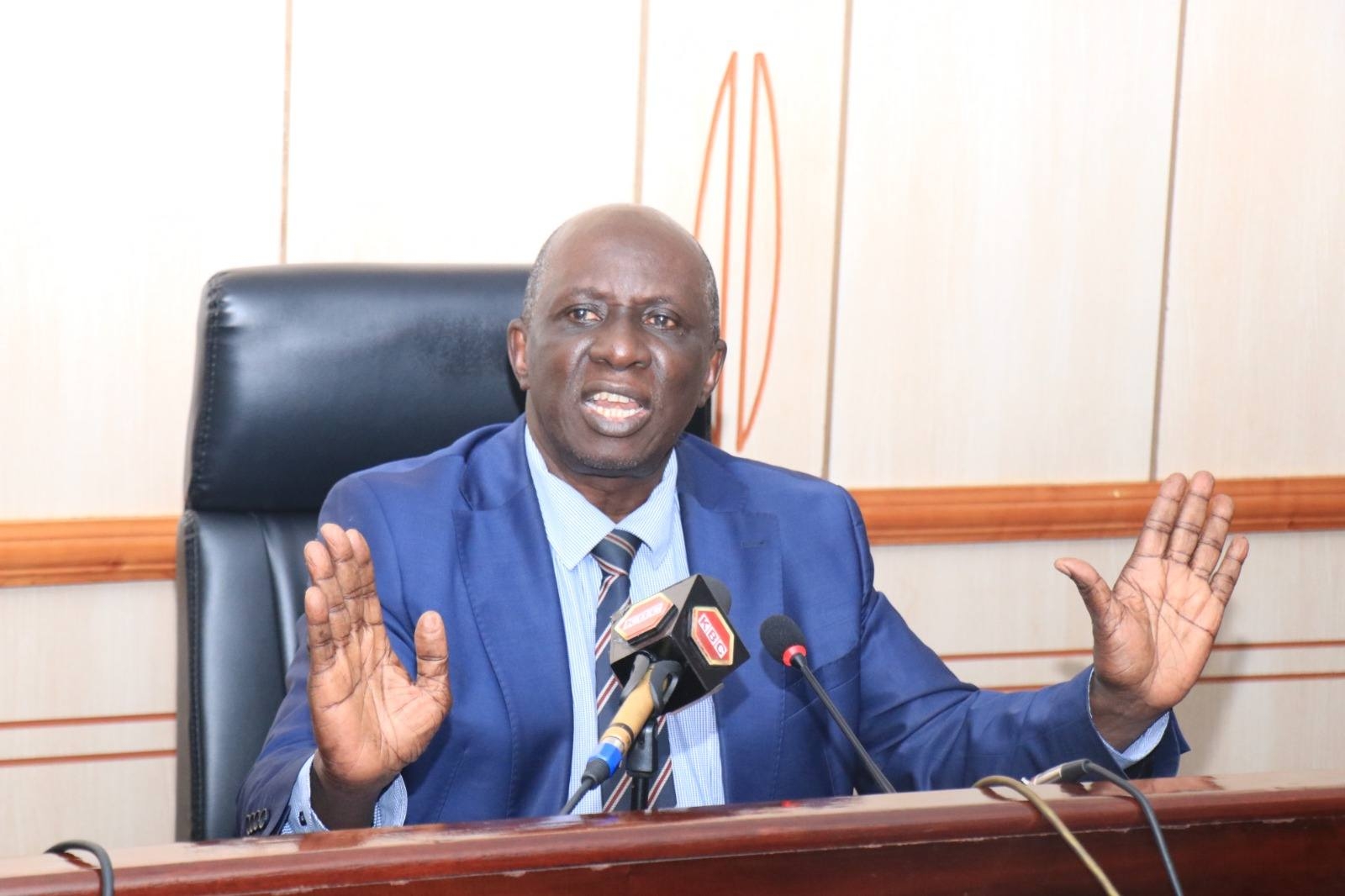Kenya is headed in the right direction in unlocking the flow of climate finance to the counties, Council of Governors chairperson Anne Waiguru has said.
Waiguru said that devolved financing models for adaptation have been piloted in Kenya and have shown strong evidence of effectiveness. The piloting took place between 2011 and 2018 by the Adaptation Consortium in the arid and semi-arid counties of Garissa, Isiolo, Kitui, Makueni, and Wajir.
The financial and governance structures for the counties’ climate actions were designed, demonstrated, and strengthened while ensuring that local communities were central in the decision-making on resilience-building and adaptation investments, she said.
Waiguru, who is also the governor of Kirinyaga county, said Kenya has pioneered a climate change governance mechanism to increase finance for local climate action including the establishment of The County Climate Change Fund (CCCF).
The fund consists of climate legislation enacted by county governments and a county-controlled fund that finances climate projects identified by local communities.
“The legislations provide for allocation of one to three per cent of development budgets to climate action in the 47 counties with 45 counties having already enacted the legislation,” she said.
The CoG chairperson was addressing a session on ‘Uniting leaders: States and Regions To Unlock Multi-level Climate Action’ at the COP 28 summit in Dubai.
The session, organised by Bloomberg Philanthropies, was attended by among others, the governor of Espírito Santo in Brazil Renato Casagrande, governor of Queretaro in Mexico Mauricio Kuri González, and Governor of the North Bank Region in Gambia Lamin Saidykhan.
Waiguru said CCCF is a key component in a comprehensive national planning and financing framework that strengthens capacity and channels money from international and national sources to community-driven climate action priorities.
She said that the fund originated from the need to have structured collaborations whereby public and private actors contribute ideas, expertise and finance in the design, piloting, scale-out and forming institutions.
“The County Climate Change Fund mechanism strengthens the capacities of counties to mainstream climate change in planning and budgeting, access climate financing from different sources, strengthen public participation in the management of the funds and adopt a more climate-resilient development pathway,” she said.
Waiguru said that Kenya is also implementing the Financing Locally-Led Climate Action-(FLLOCA) Programme that strengthens the capacity of county governments to plan, track and implement climate resilient projects through climate-proofing of investments.
The programme also helps to cushion communities from climate shocks and stressors.
She said during the design stages of FLLOCA Programme, Kenya adopted an inter-agency approach involving key stakeholders such as Treasury, the Climate Change Directorate, the Council of Governors, county governments and other key stakeholders to improve local climate action.
Following its inception, Waiguru said the financing model has now been adopted by all 47 county governments.
Counties have also received Sh8.9 million for institutional support under the FLLOCA programme while another S66.3 million for climate resilient investment grants will be disbursed to 45 counties during the current financial year.
In Kirinyaga, the county government has mainstreamed climate action in its development agenda, mainly bringing on board small-scale farmers that have been supported to increase agricultural productivity through climate smart initiatives.
“Collaboration between the national and county governments in unlocking climate finance requires accurate stakeholder mapping to enable utilisation of the needed skill sets and expertise into the design of programs and projects,” the governor said.
“Putting in place minimum access conditions and minimum performance conditions helps catalyse localised actions to enable counties access funds for resilience building interventions.”
















